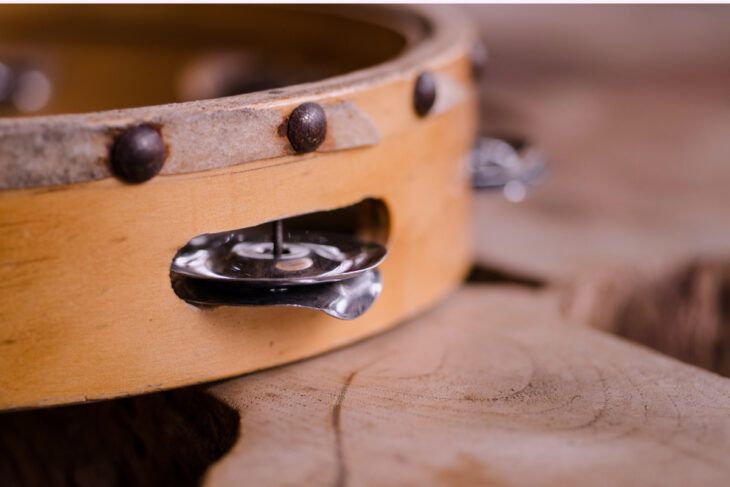Day 2; Ngwino Nawe
Rwanda
- Children
- Young people
- Disability
- Activities

On the second day, we visited Ngwino Nawe, a residential village for children with a wide range of disabilities and ages. Some children are orphans and are supported charitably, others are supported by their families who live far away and are unable to provide them with the care they require.
The centre is operating with fewer staff members since our most recent staff visit in 2011. This has had the effect of further stretching resources and has had an impact on the music programme. Although the music as therapy programme continues, and the staff are enthusiastic about the benefits they have witnessed using the techniques and approaches they were originally trained in, the very low staff to child ratio means the music sessions take place in the form of large groups, comprised of children of varying needs. Individual sessions no longer take place; resources dictate decisions about referrals rather than the perceived needs of individual children. Having said this, the staff member who runs the sessions is highly skilled, very sensitive to the dynamics of the group and individuals within the group, so the music groups we witnessed were extremely well paced and all the children were engaged and able to participate to some degree.
There is only one member of staff remaining from the
original six week training in 2010. We observed her running a group
comprising 10 children of varying disabilities including learning
disabilities, Downs syndrome, hearing impairments and physical
disabilities, across a range of ages. The group was well-prepared
and organised. The member of staff knows the children well, and had
selected activities that allowed for every child to participate.
The children were familiar with the activities and there was a
warm, relaxed atmosphere that often bubbled over into excitement
and laughter, although at no time did it seem that she would lose
control. It felt like a very well-managed, safe space for the
children. It was also moving to see how the children took an active
role in including those group members who were less able, an ethos
that is supported in the daily life of the village.
The Local Partner described the benefits she perceived when using music as therapy with the children at Ngwino Nawe. She said the children are happy during these sessions. They feel they have something to do, and they feel free with the other children who are not disabled. Again, we left full of admiration for the way she had been able to commit to the music programme because of the benefits she had observed and the positive impact these sessions were having on the children.
Jane
Related projects
-
Support visit: The Alivera Centre and Urugwiro Centre (Cyangugu) 2013
Rwanda
- Children
- Disability
- Young people
